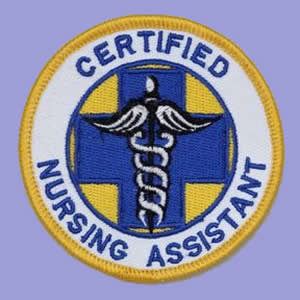If you are going to hire a caregiver or a home care company to care for your loved one, it is important to know the difference between a Personal Care Assistant (PCA), Home Health Aide (HHA), and Certified Nursing Assistant (CNA).

First of all, it is crucial to recognize that a CNA, PCA or HHA is not the same thing as a “nurse”. They do not have the same level of education, and do not carry the same license as a registered nurse or licensed practical nurse. PCAs, HHAs, and CNAs all can work with seniors and disabled adults. They can provide personal care and companionship, including bathing, shopping, homemaking, running errands, and performing light housekeeping tasks.
However there is a difference between PCAs, HHAs, and CNAs.
| |
PCA (Personal Care Assistant)
|
HHA (Home Health Aide) |
CNA (Certified Nursing Assistant) |
| Post-secondary degree |
Not required |
Not required |
Not required |
| Training |
Not required |
In Massachusetts, there is training provided for HHAs, although requirements vary by state. Vocational schools and Community colleges provide HHA Training or have an HHA component in their CNA training programs. |
In Massachusetts, CNAs must complete a state-approved training, which includes the HHA training. |
| License/Certification Requirements |
Not required |
Required. The person has to pass the certification exam, organized by the state. |
Required. The person has to pass the certification exam, organized by the state. |
| Job responsibilities |
Bathing, shopping, homemaking and running errands |
Physical care to do activities of daily living such as bathing, dressing, and toileting;simple dressings; and checking of vital signs. |
Personal care, measuring vital signs, making beds, serving meals, setting up medical equipment, observing changes in the condition of the patient, etc. |
| Medical-related tasks |
No |
No |
Yes. Tasks include taking vital signs, changing dressings, cleaning catheters, controlling infections, and administering treatments. All medical-related tasks have to be performed under the supervision of a Registered Nurse (RN) or Nurse Practitioner (NP) |
| Working Alternatives |
Private homes, nursing homes, doctor’s office and hospitals. |
Private homes, retirement communities, assisted living facilities, group homes, or other transitional housingworks. |
Home, hospitals, rehabilitation hospitals, day care centers, and skilled nursing facilities |
Ezra Home Care caregivers hold all of the necessary certifications and licenses. Learn more about our caregivers.




 Tweet
Tweet
 Share
Share



